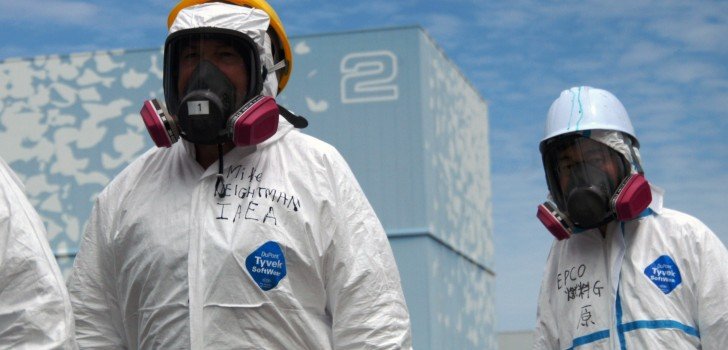Prosecutors in Tokyo were forced by a Japanese civilian judiciary panel to indict three former Tokyo Electric Power Co. executives for their failure to take preventative measures leading up to the Fukushima nuclear disaster. Prosecutors at first rejected the move to indict during the initial meeting of the panel in January, but after the panel arrived at the same decision after their second meeting, the prosecutors are required by law to carry out the panel’s recommendations.
According to a copy of the ruling, the former executives failed to take countermeasures to strengthen the Fukushima Daiichi plant despite foresight of the danger posed by tsunamis.
This will be the first criminal case involving Tepco officials regarding the disaster, and the committee’s decision gives voice to a group of more than 5,700 Japanese civilians from Fukushima and other parts of Japan who have urged prosecutors to take action on the issue.
Previous parliamentary investigative reports have criticized a lack of safety culture at TEPCO. Other findings included collusion between TEPCO personnel and regulators as well as the charge that TEPCO ignored taking measures related to tsunami defense.
With the cleanup and decommissioning process expected to take between 10 and 30 years, and some 160,000 residents still under evacuation from the affected area, the decision by the citizen panel still seems unlikely to lead to a conviction of the former executives. Former chairman Tsunehisa Katsumata, and executives Sakae Muto, and Ichiro Takekuro were indicted for the triple meltdown in what has been described as the worst nuclear accident since Chernobyl.
All 48 functional nuclear reactors are currently offline, but Prime Minister Shinzo Abe’s government is trying to change that as soon as possible, with two reactors expected to come back online within weeks. Thousands will continue to work on the cleanup effort, collecting the large volumes of contaminated soil, water, and other debris.
Stay Connected